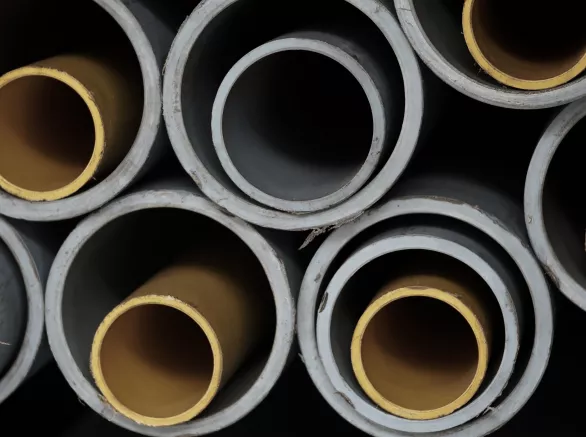How do Exponent's multidisciplinary teams provide sinkhole support — from proactive analysis to repair?
Sinkholes pose serious risks to buildings and infrastructure, surface water features, and communities, and can transmit contaminants into groundwater. Given that sinkholes can develop over time, in stages, or suddenly, and from numerous, complex causes, responding to sinkholes requires sophisticated investigation and analysis as well as expedient action in the event of emergencies.
Exponent geologists and geotechnical engineers provide expert, reliable sinkhole investigation services, including pre-condition surveys, emergency response and evaluation of imminent hazards, assessing damage claims, making data-backed recommendations for repairing and restoring sinkhole damage, and more.
While predicting sinkhole occurrence and conducting hazard assessment are challenging, a thorough investigation of the subsurface conditions can assist in reducing the risks posed to projects by sinkhole formation. Site-specific evaluations of sinkhole conditions depend on an accurate characterization of buried bedrock topography, soil or sediment stratigraphy, soil mechanical properties, subsurface drainage, and groundwater flow.
Exponent staff utilize advanced tools and analyses to evaluate sinkhole risks and damage. These tools include sophisticated subsurface investigation tools to produce a two- or three-dimensional representation of the subsurface. Examples of these tools include:
- Remote sensing to evaluate changes in elevation and tension cracking at the ground surface
- Soil borings and/or cone penetration test (CPT) soundings, both inside and outside of the affected area
- Geophysical test methods such as ground penetrating radar (GPR), electrical resistivity (ER), multi-electrode electrical resistivity (MER), or multi-channel analysis of surface waves (MASW) around the affected area
- Piezometers to monitor groundwater conditions
services
For 50+ years, we’ve thrived on solving unstructured problems that require bespoke solutions. Some of our services include:
• Sinkhole damage claims investigation
• Sinkhole(s) lineament determination and verification of sinkhole activity
• Emergency response and evaluation of imminent hazards to persons and structures
• Assessment of damage to structures and infrastructure, evaluation of the boundaries of an affected area and of the relative contributions of multiple factors
• Review of historic aerial photographs
• Evaluation of sinkhole stability and risk of additional hazards due to sinkhole growth and/or utility disruption
• LiDAR and InSAR remote sensing studies
• Installation and monitoring of instrumentation for measuring ground movement and groundwater conditions
• Subsurface investigation and geotechnical laboratory testing for measuring rock and soil engineering properties
• Assessment of effectiveness of various stabilization methods, including grouting (compaction, chemical, and pressure)
• Development of conceptual repair recommendations
Our Capabilities Are Unparalleled
With expertise in over 90 disciplines and hundreds of capabilities, tools, and methodologies — we get to the root of even the most complex challenges and give you the objective answers you need.
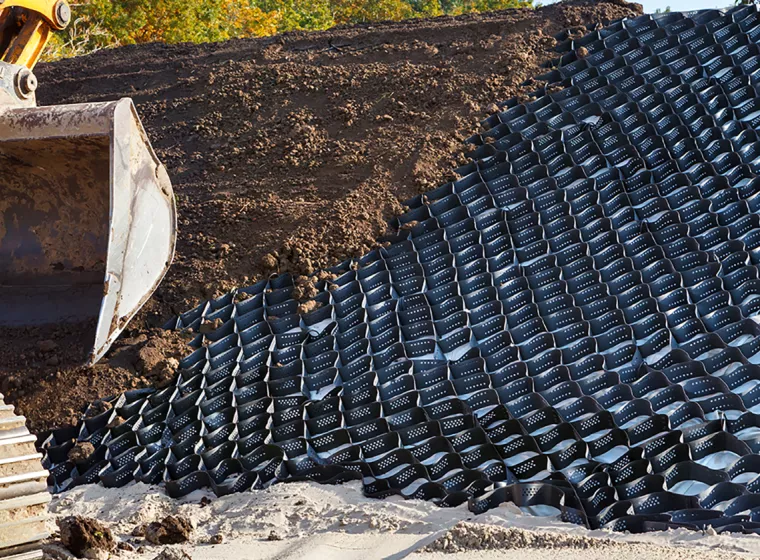
Earth Structures
Decades of experience addressing the multitude of complex challenges that can arise when earth and engineering meet.
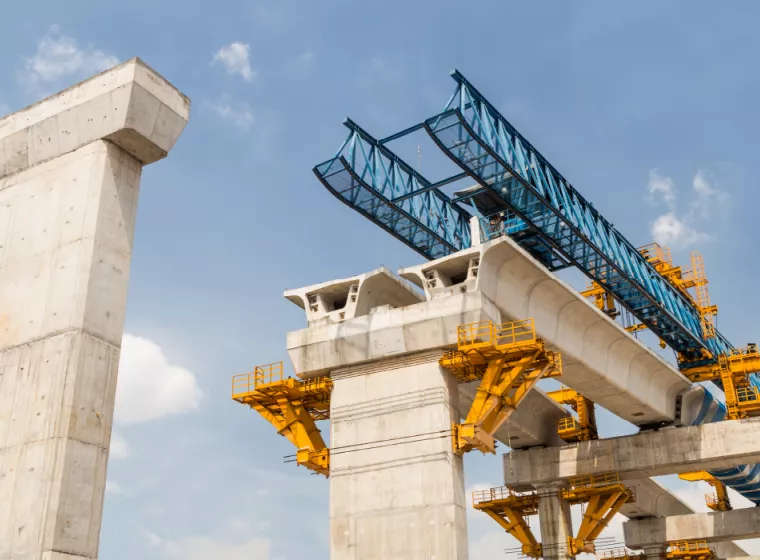
Design & Construction Consulting
Extensive civil engineering expertise to empower decision-making and help reduce design and construction risks and failures.
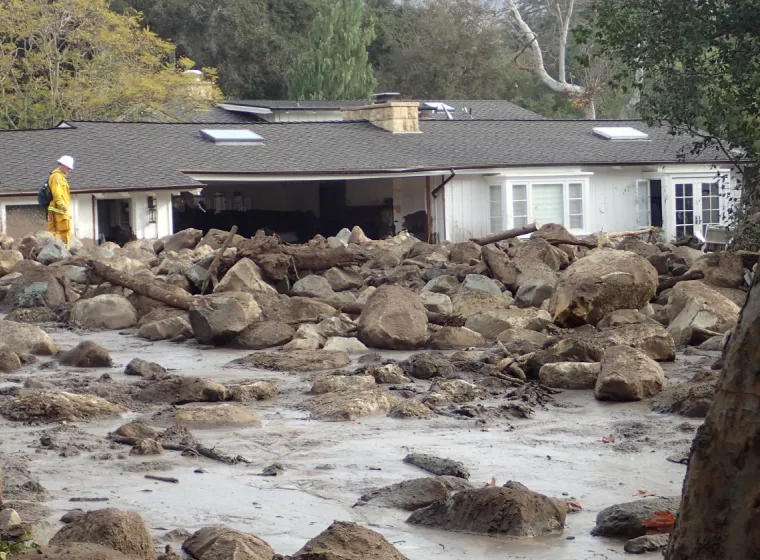
External Hazards: Risk Assessment & Mitigation
Accurate assessment, mitigation, and remediation support for external hazards and natural disasters.
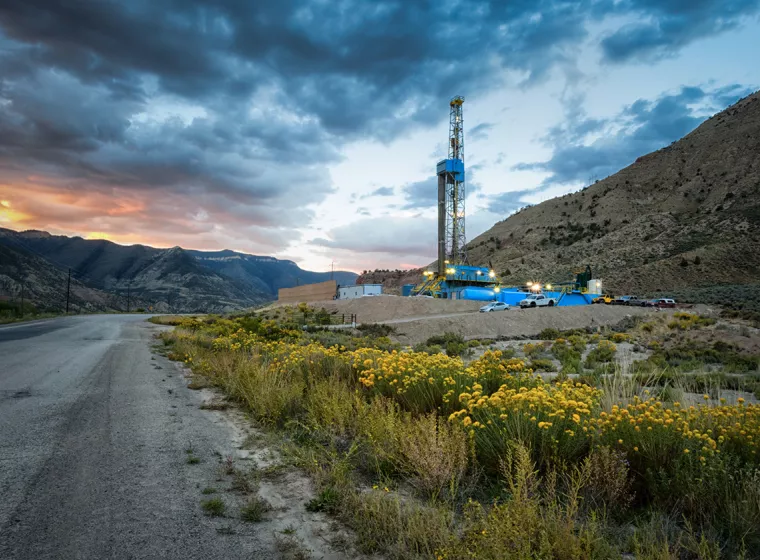
Mining & Forestry
Scientific and engineering expertise to help achieve safe, reliable, sustainable production.
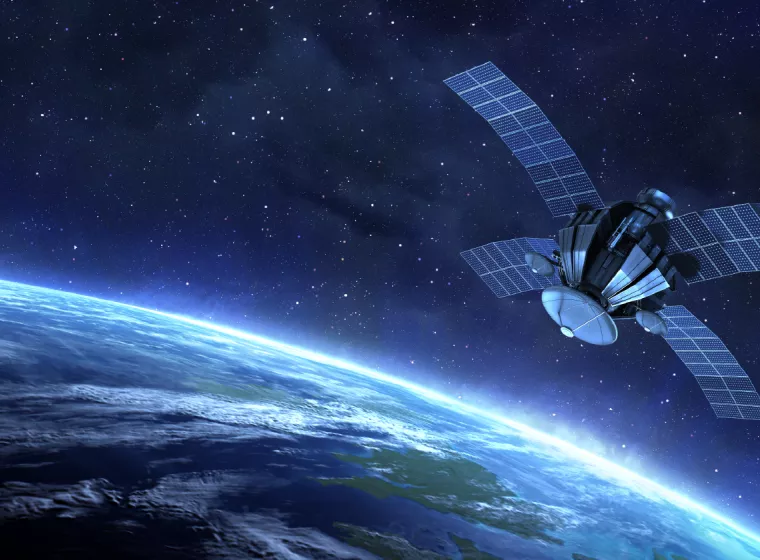
Remote Sensing Analysis
Improve site understanding with remote sensing and geospatial analytics, including GIS.
Experts
Our global and comprehensive expertise across industries gives us a deep understanding of current challenges, best industry practices, and the implications of emerging technologies.

Insights
